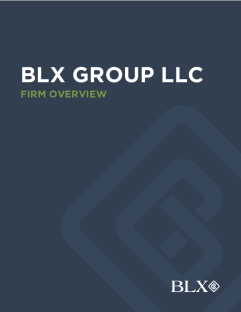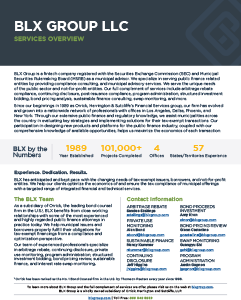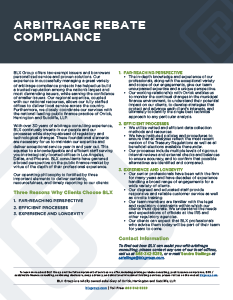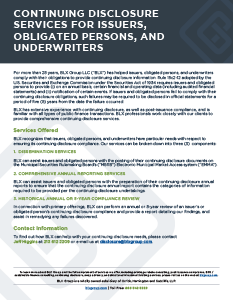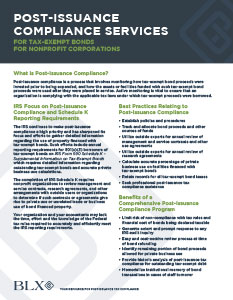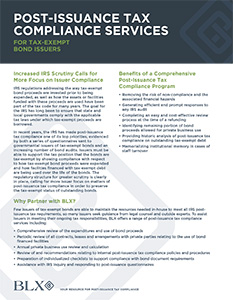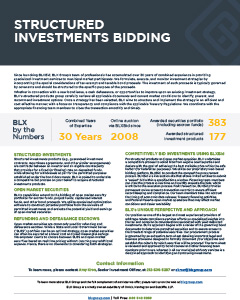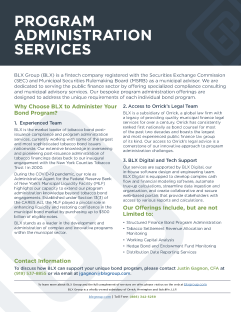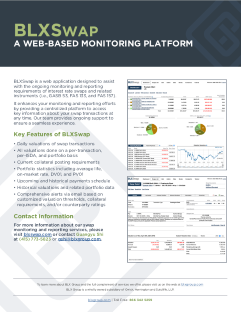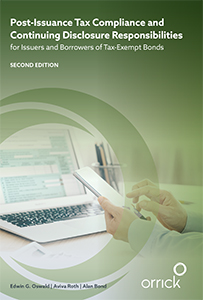Tax Alert: SHARE THE IMPACT OF MUNICIPAL BONDS
April 9, 2025
As of April 9, and prior to the upcoming two-week Easter recess, the House and Senate continue to consider plans to extend or modify the expiring provisions of the 2017 Tax Cuts and Jobs Act (TCJA), with discussions focusing on potential tax cuts and adjustments to individual and corporate tax rates. On Saturday, the Senate passed a fiscal 2025 budget resolution which the House will review this week, with the goal of a joint House-Senate resolution, setting the stage for an expansive tax bill. While details about pay-fors remain scarce, potential proposals may threaten the future of tax-exempt bonds, or a portion of the tax-exempt bond market, as a potential source of savings or offset.
For over a century, states, local governments, and nonprofit organizations have used tax-exempt municipal bonds to finance infrastructure and community improvement projects. The public finance market supports nearly every aspect of daily life and is essential for building and maintaining a robust economy for citizens and businesses across the country. Per the GFOA, the elimination of tax-exempt municipal debt could translate to $824 billion in increased borrowing costs for tax-exempt issuers and borrowers, equating to an increase in taxes of $6,554 or more for every American household, over the next 10 years.
In addition, earlier this week a joint policy brief by the University of Chicago’s Center for Municipal Finance and the University of Texas at Austin’s Center on Municipal Capital Markets warned that cutting tax-exemption for municipal bonds would harm US infrastructure investment and strain local and state budgets. The report, authored by Justin Marlowe and Martin Luby, examines the history of tax exemption and highlights the negative impact on smaller issuers if the exemption is eliminated. You can read the policy brief here.
Now is the time to get involved and fight for the preservation of federal tax-exemption on municipal bond interest. The GFOA and other members of the Public Finance Network suggest reaching out to members of Congress through the following ways and “sharing the impact of municipal bonds”:

Please visit the GFOA’s Municipal Bond Resource Center for more information. It includes a Primer on Municipal Bonds, a Data Brief on Tax-exempt Municipal Bonds, and #builtbybonds (where you can share your specific story about how municipal bonds have helped communities build infrastructure and other facilities).
